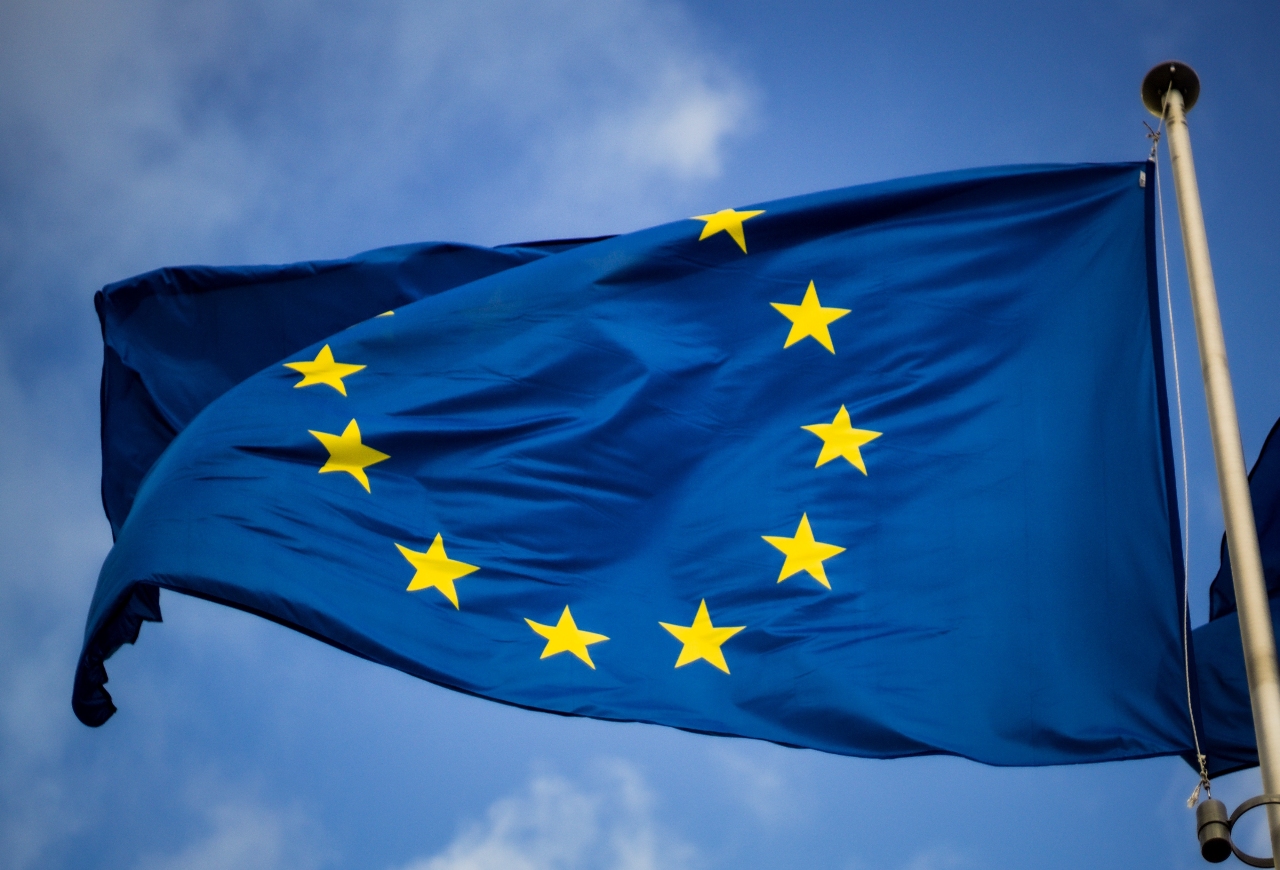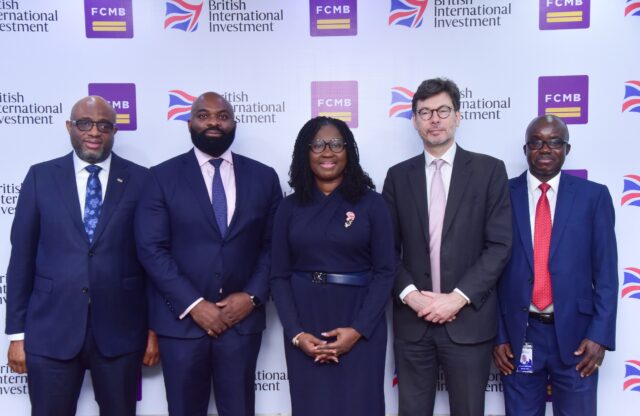Economic and regulatory uncertainties are hampering investment in European green funds, despite the growing number available, according to a report from Morningstar.

The number of European green funds may be growing, but allocations to those funds are not, according to a report from Morningstar, the investment research and financial services company. The firm says that attracting fresh investment to European Article 8 and 9 funds is proving a challenge in current economic conditions, but many investment decisions are being driven by the requirements of the EU’s Sustainable Finance Disclosure Regulation (SFDR).
Article 8 funds “continued bleeding money” over recent months in response to macroeconomic pressures, Morningstar said. Investors withdrew €20.5bn from Article 8 funds in the third quarter 2023, a similar level to the €21.5bn withdrawn in the second quarter. While Article 9 funds attracted capital in the third quarter, Morningstar said the figure of €1.4bn was a new low.
Under the EU taxonomy, Article 8 financial products or funds promote social and or environmental “characteristics”, while those meeting the requirement of the more rigorous Article 9 classification must have a sustainable objective.
Alignment with EU taxonomy
Despite the uncertain investment climate, asset managers’ decisions are still being driven by the EU’s sustainable investment framework. Article 8 funds with no commitment to sustainable investments were disproportionately affected by withdrawals.
Meanwhile, Morningstar said it had identified nearly 280 funds that changed their SFDR status in the third quarter, including 250 upgrades – an increase from 200 upgrades in the previous quarter. Most of those were moves to Article 8 from Article 6 – the latter being funds that may not have a sustainable investment component, but which are required to report on sustainability-related risks. A total of 11 funds made downgrades to Article 8 from Article 9.
“Two and a half years after SFDR came into force, and despite the challenging macroeconomic and regulatory environment, asset managers continued to shape their offerings around the regulation, upgrade funds to Article 8, and commit to more sustainable investments,” said Hortense Bioy, Morningstar’s global director of sustainability research.
However, the picture remains far from rosy. Although a majority of some 300 Article 8 funds that revised their minimum sustainable investment commitment raised it, a third of Article 8 funds still do not target any sustainable investments. Morningstar also noted that only 28% of Article 9 funds had plans to make investments aligned with the EU taxonomy.
Despite having been applied since March 2021, the taxonomy remains a work in progress and subject to change, which provides a further complication for asset managers making investment decisions. Asset managers told Impact Investor at the recent GIIN Impact Forum that investment in Article 9 funds was still complicated by the need to consider whether classification criteria may change in future.
The European Commission announced a clarification on how sustainable investment products should be categorised in April 2023, and launched a new consultation on the implementation of the SFDR in mid-September, which runs to December 15. The consultation, which is open to financial market participants, investors, NGOs, public authorities, national regulators and other stakeholders, covers topic such as legal certainty, the usability of the regulation and how it helps to tackle greenwashing.
“With the new SFDR consultation launched by the EC in September, we can expect more uncertainty ahead,” Morningstar’s Bioy said.






